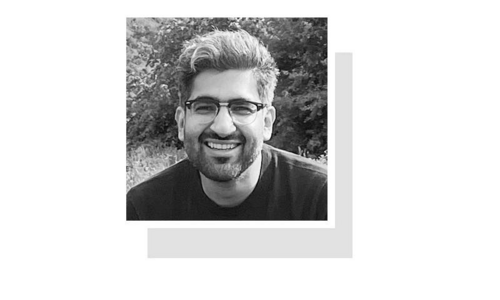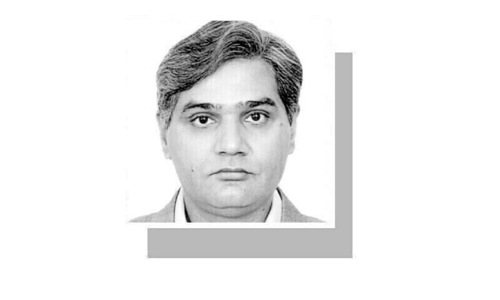PESHAWAR: The dismal condition of the mausoleum of Khushal Khan Khattak, referred to as the man of pen and sword, shows how lovingly his progeny takes care of his last abode.
Depressing condition of the mausoleum in Esori Bala, Khushal Baba’s last resting place, is enough to gauge the level of love and respect of Pakhtuns for their national poet in general and his descendants in particular.
Millions of Pakhtuns living in Pakistan, Afghanistan and around the world love Khushal’s poetry. His poetry has been included in curriculum at school, college and university levels.
Famous odes of his poetry are on the lips of almost every Pakhtun.
Khushal Khattak took pride in being an Afghan. That is why he says in one famous couplet:
Da Afghan puh nang mi utarlah torahNang yali da zamane Khushal Khattak yam.
“I’m bound on the sword for the pride of the Afghan name.
I am Khushal Khattak the proud man of this day.”
It reflects his love and pride for Afghan nation. He might not have written this couplet if he (Khushal) had imagined that his progeny is so inefficient and careless, who could not preserve and maintain his grave.
Surrounded by black rocky hills, Esori Bala is a secluded hamlet of houses inhabited by Khattak tribe. It has barren landscape. Stonecutting for construction purposes seems to be one of the main sources of income of the local people.
Historians say Khushal Khan loved the countryside.
Sir Olaf Caroe, the last British Governor of the then North West Frontier Province, writes in his famous book, The Pathans: “Khushal Khattak desired it for he loved the countryside and flowers and above all wished that in his last resting place he should not be disturbed by the clatter of the hooves of the Mughal cavalry passing on the king’s highway (the existing GT Road).”
The visitors’ anxiety starts when they get on the link road to Esori Bala. Six kilometers long metalled road from Grand Trunk Road to Esori Bala in Nowshera district is in bad shape.
Motorists have to encounter dozens of barriers on this bumpy narrow lane passing through a thickly populated locality.
Residents have constructed speed barriers in front of houses apparently for the safety of their minors. An alternate road was planned but the project has yet to see light of the day.
Iron cage has been fixed over the grave.
A resident of Esori Bala, who has volunteered himself for taking care of the mausoleum of his grand grandfather, said visitors, especially youngsters, used to do graffiti over black marble slabs fixed on the grave and iron cage was fixed to preserve marble slabs.
“People came and wrote their names, telephone numbers and address on the grave,” he said.
He has maintained the visitors’ book. The government appointed a watchman-cum-caretaker for the security and maintenance of the tomb. The grave of his daughter named Halema is near the tomb. The small green yard around the tomb also serves as a grazing plot for goats and sheep.
Ibrar Khattak, who teaches at Government College Nowshera, said the mausoleum was built in 1949.
He said Kabul Adabe Tolana, Pashto literary society in Kabul, Afghanistan had provided donations for the construction of the tomb. Black marble slabs were sent from Afghanistan. It was redesigned and renovated in 1989. The district government again renovated the structure with some additional facilities in mid 2000s.
A single-room guesthouse was constructed. The purpose of the guesthouse was to facilitate visitors and poets to organise literary activities. After completion of work, the guesthouse was abandoned without providing basic facilities and even water connection has not been provided to the washroom.
Ibrar Khattak said Khushal Baba’s mausoleum required the government’s attention and should provide some facilities like library and digital equipment.
“People will start visiting the place when the government provides facilities,” he said.
Published in Dawn, May 18th, 2015
On a mobile phone? Get the Dawn Mobile App: Apple Store | Google Play















































